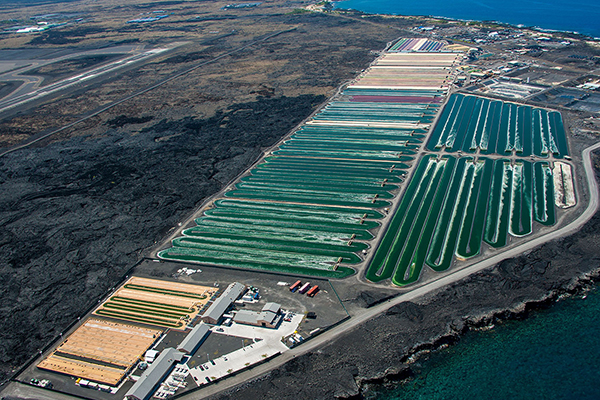
Responsibility
A circular economy approach to transform the future of marine aquaculture
Marine microalgae-based aquaculture has the potential to provide greater than 100 percent of global protein demand by 2050.
Aquafeeds
A new study is looking at ways marine growth from decommissioned oil and gas platforms could be used for livestock and aquaculture feed.

Responsibility
Marine microalgae-based aquaculture has the potential to provide greater than 100 percent of global protein demand by 2050.
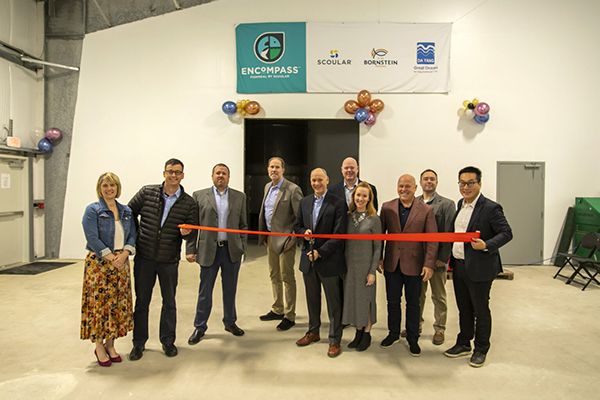
Aquafeeds
Taking a circular economy approach, a new Scoular fishmeal processing facility will upcycle local fish trimmings into aquafeed.
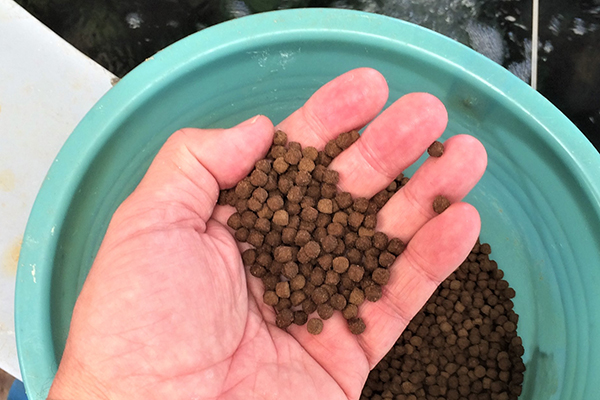
Aquafeeds
Transitioning of aquafeeds from linear to circular models involves the potential valorization of a wide range of marine resources.
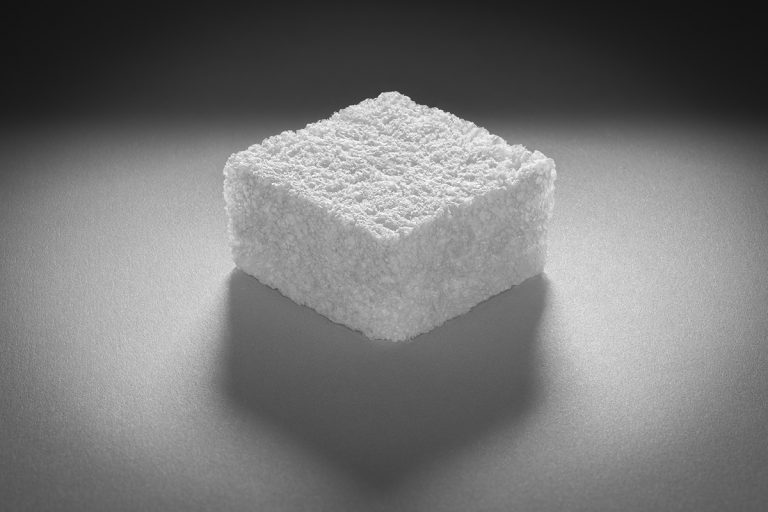
Fisheries
GOAL 22: Cruz Foam’s biodegradable packaging foam made with shrimp shells is a finalist for GSA’s inaugural Global Fisheries Innovation Award.
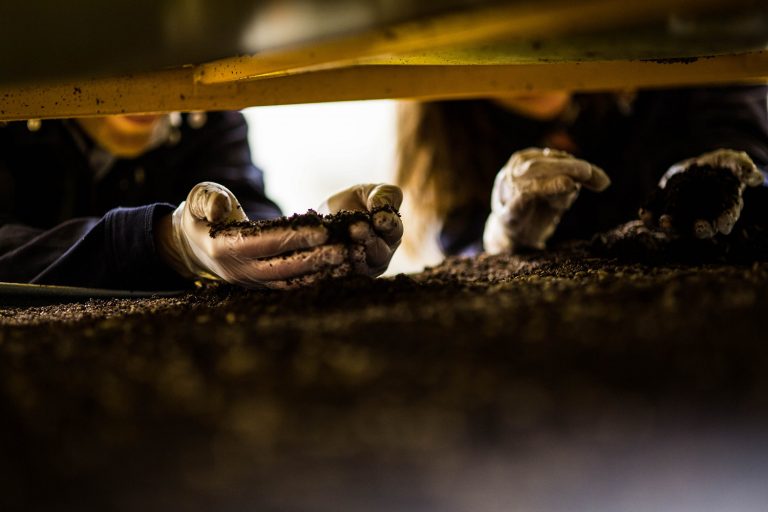
Aquafeeds
Black soldier fly larvae producers are hoping to go “mainstream” and gain wider acceptance in aquaculture amid concerns about high costs.
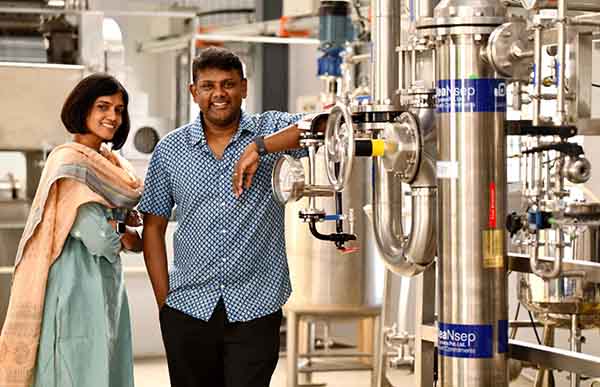
Aquafeeds
String Bio has raised almost (U.S.) $20 million to advance technology that converts methane into value-added products, such as aquafeed.
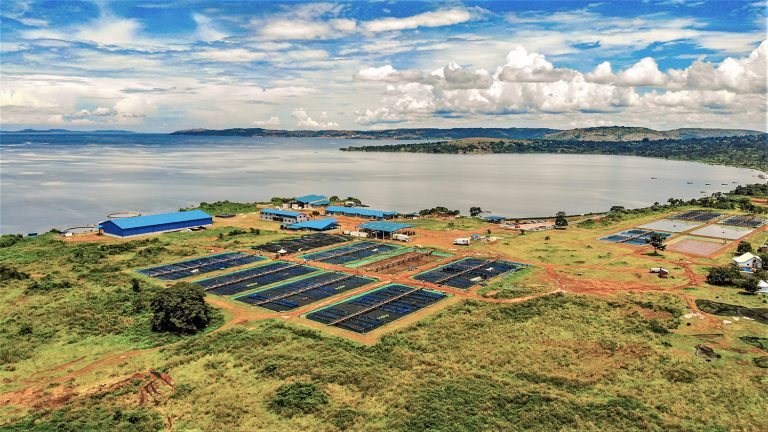
Responsibility
Whether aquaculture can meet global seafood demand depends on the impacts of variables like climate change and marine ecosystem stability.
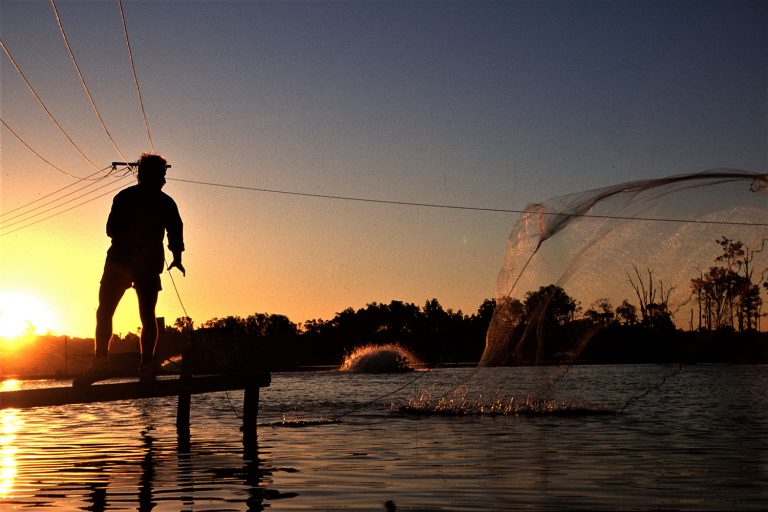
Responsibility
With nutrient recycling, aquaculture can contribute sustainably toward the nutritional requirements of billions of people over the next century.
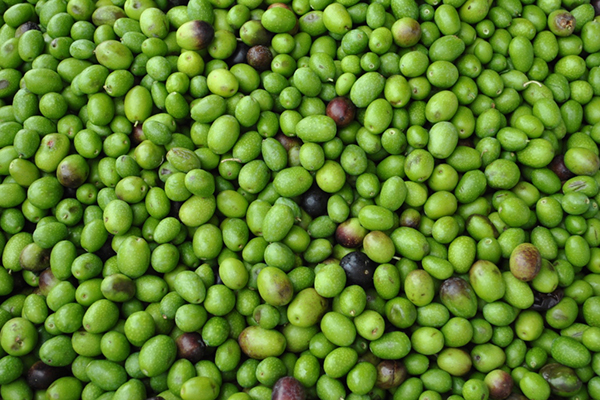
Aquafeeds
Study from Malaysia evaluates the inclusion of olive oil byproducts in aquafeeds and their potential for expanded utilization.
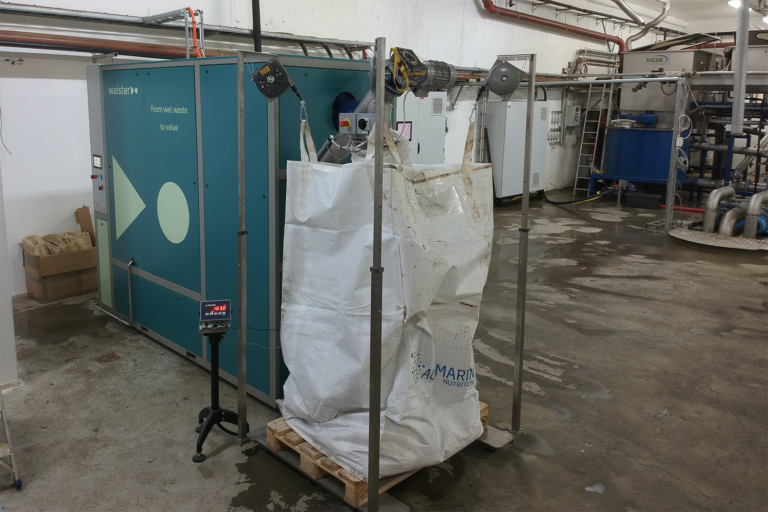
Responsibility
Waister machines transform fish sludge and mortalities into bio-fertilizers and pet feed ingredients to valorize waste through circular economy principles.
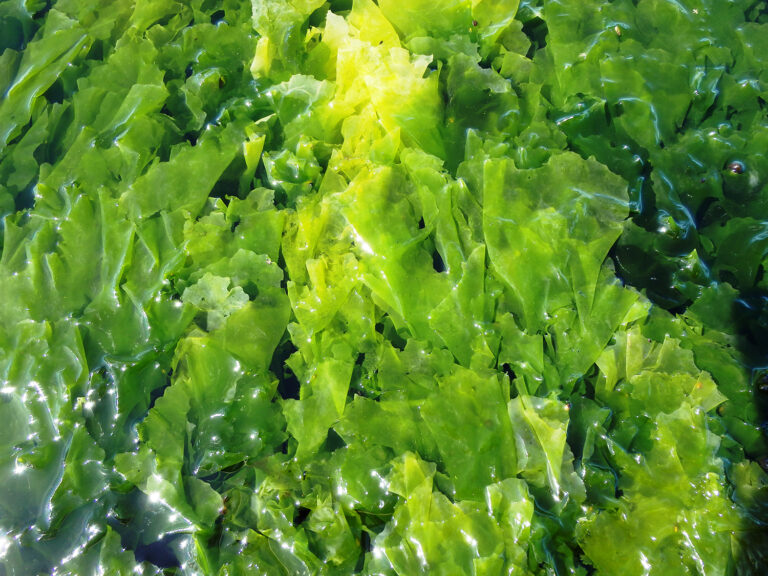
Responsibility
In the next article from the GAIN project, producing algae from smolt wastewater can increase salmon farms’ profits and maximize nutrient use.
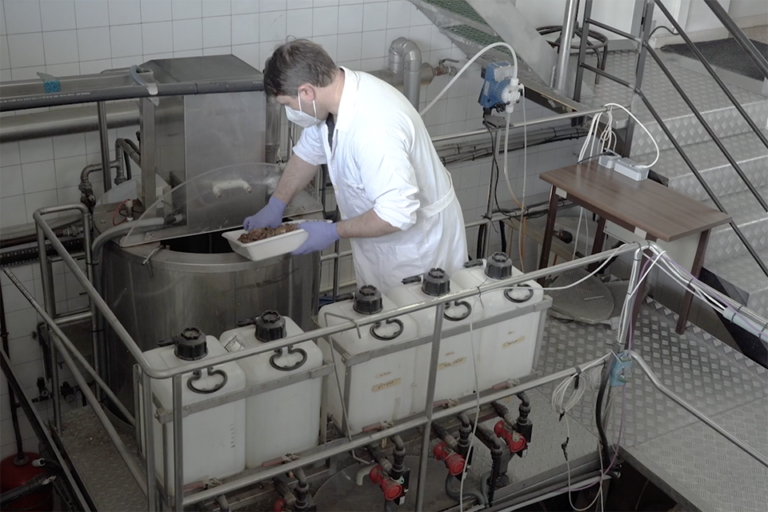
Responsibility
In the latest GAIN article, fish scraps can be transformed into fish protein hydrolysates as a high-nutrient value addition to aquafeeds.
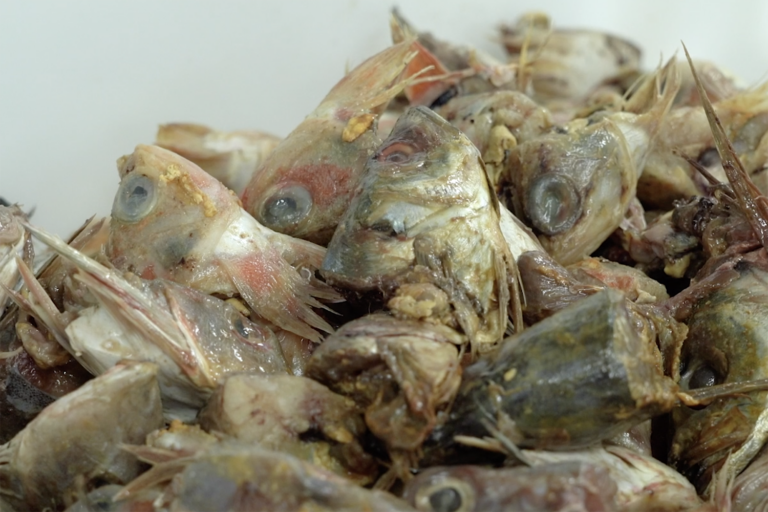
Responsibility
In the latest article from the GAIN project, implementing circular economy principles can help increase the sustainability of aquaculture production.
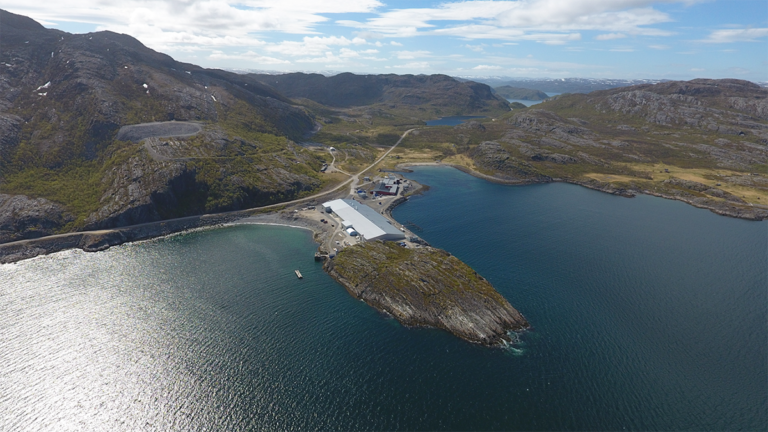
Responsibility
Bioretur converts aquaculture waste, or sludge, into fertilizer as demand for “circular economy” technologies grows.
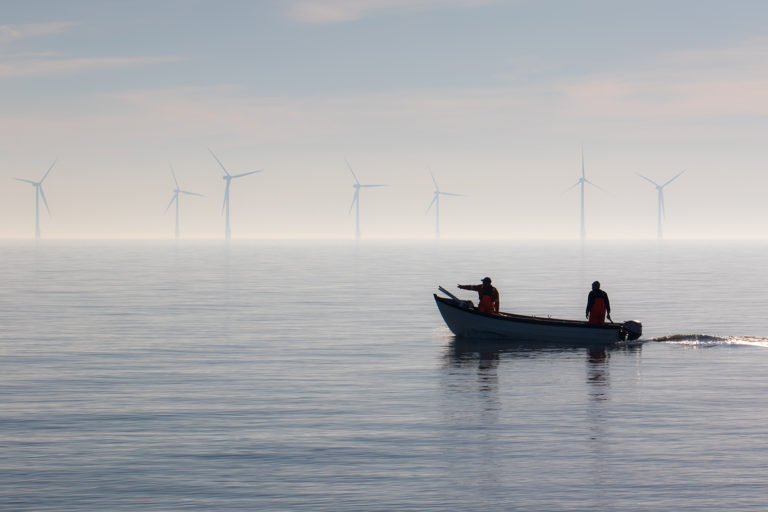
Responsibility
To mitigate the impacts of climate change and bolster ocean health, research suggests turning to one of the planet’s powerful forces: The ocean itself.